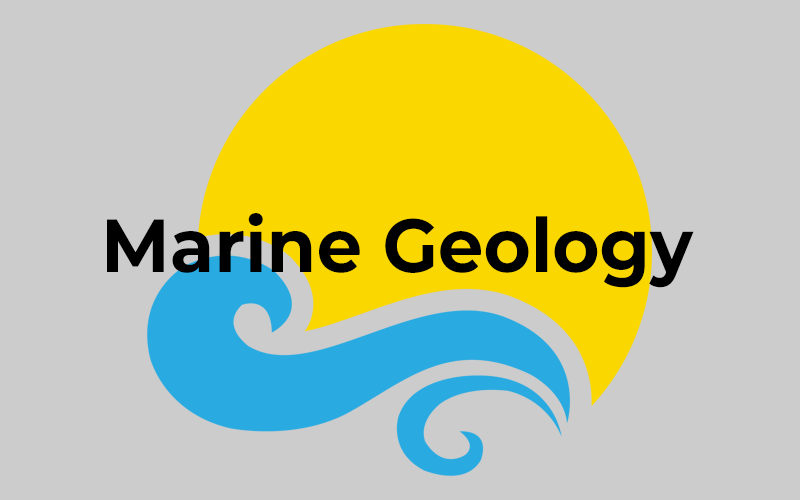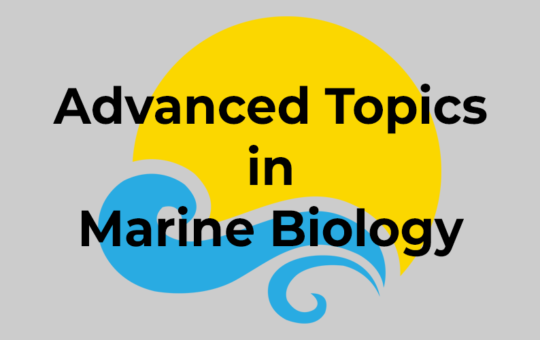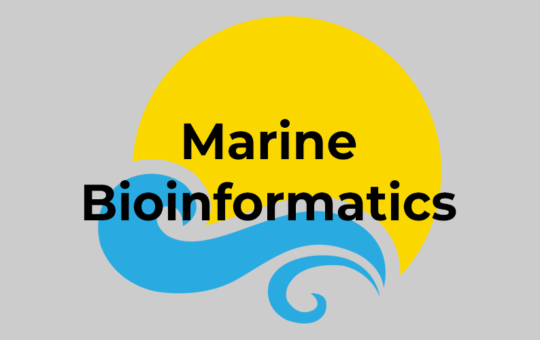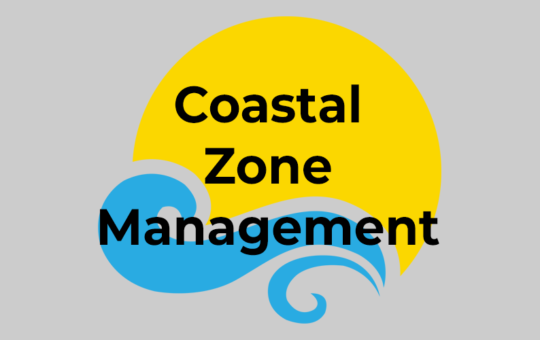
Marine Geology
Marine Geology focuses on the geological processes and features of the ocean floor, providing students with an in-depth understanding of the Earth's underwater landscape. This course covers the structure and composition of the oceanic crust, including mid-ocean ridges, abyssal plains, seamounts, and trenches. Students will explore the processes of plate tectonics and seafloor spreading, learning how these dynamic forces shape the geology of the ocean basins. The course also examines the sedimentary processes that occur in marine environments, including the formation, transportation, and deposition of marine sediments.
In addition to studying the physical features of the ocean floor, the course addresses the methods and technologies used in marine geological research. Students will gain practical experience in techniques such as seismic surveying, sediment sampling, and remote sensing. The course also covers the role of marine geology in understanding natural hazards, such as earthquakes, tsunamis, and volcanic activity, as well as its applications in resource exploration, including oil and gas extraction and mineral mining. Through lectures, laboratory work, and field studies, students will develop the skills and knowledge necessary for careers in geology, oceanography, and environmental science, while gaining a deeper appreciation for the geological processes that shape our planet's oceans.
Curriculum
- 7 Sections
- 21 Lessons
- 1 Quiz
- 0m Duration
Section 1: Introduction to Marine Geology
- Chapter 1: Overview of Marine Geology
- Chapter 2: History of Marine Geology
- Chapter 3: Basic Geological Principles
Section 2: Structure and Composition of the Ocean Floor
- Chapter 4: Ocean Basins and Continental Margins
- Chapter 5: Mid-Ocean Ridges and Seafloor Spreading
- Chapter 6: Subduction Zones and Trenches
Section 3: Marine Sediments
- Chapter 7: Types of Marine Sediments
- Chapter 8: Sedimentation Processes
- Chapter 9: Analysis of Marine Sediments
Section 4: Geological Processes in Marine Environments
- Chapter 10: Volcanism and Hydrothermal Activity
- Chapter 11: Earthquakes and Tsunamis
- Chapter 12: Erosion and Coastal Geomorphology
Section 5: Marine Resources and Geological Hazards
- Chapter 13: Marine Mineral Resources
- Chapter 14: Geological Hazards in Marine Environments
- Chapter 15: Oil and Gas in Marine Geology
Section 6: Techniques and Tools in Marine Geology
- Chapter 16: Geological Mapping and Remote Sensing
- Chapter 17: Seismic Surveying and Drilling
- Chapter 18: Submersibles and Underwater Robotics
Section 7: Research and Applications in Marine Geology
- Chapter 19: Climate Change and Marine Geology
- Chapter 20: Case Studies in Marine Geology
- Chapter 21: Future Directions in Marine Geology
- Marine Geology - Assessment Test





